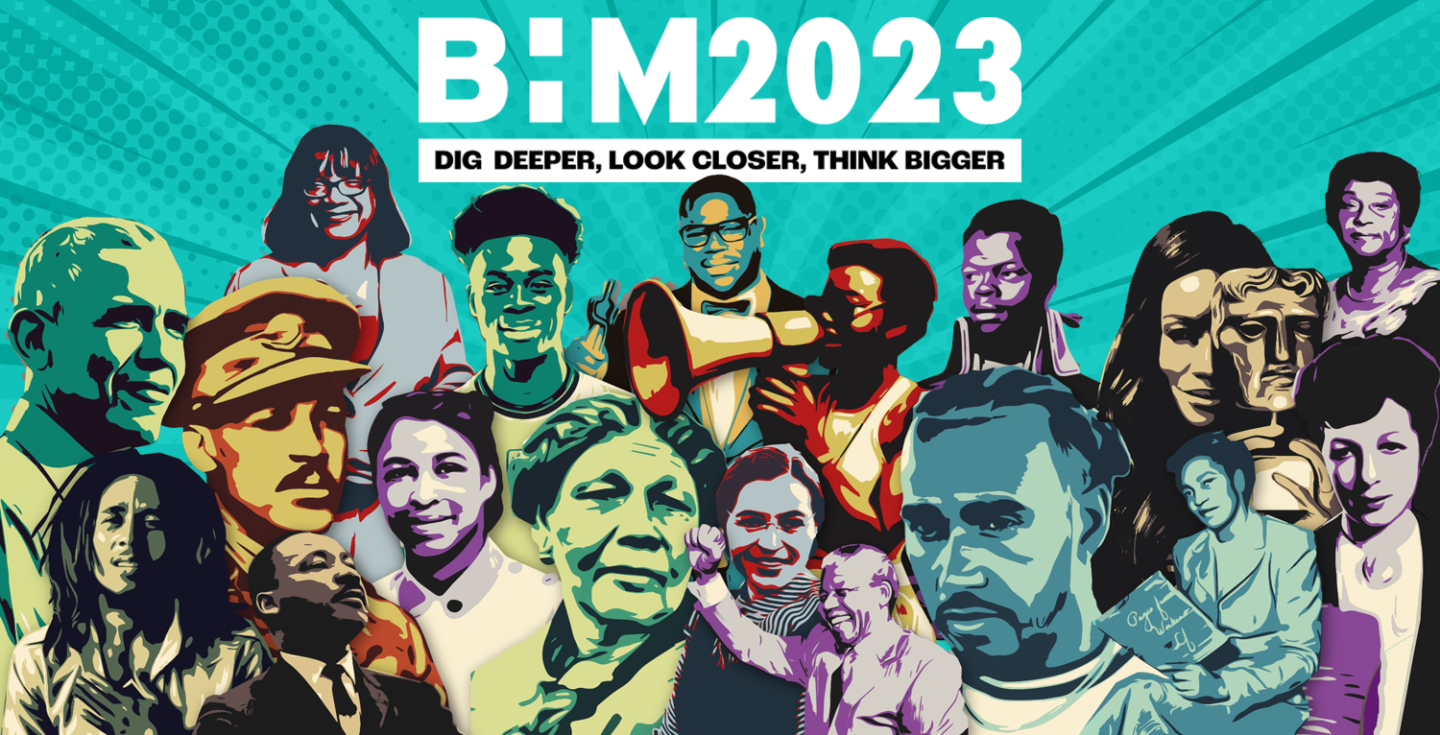Menu

The Importance of Black History Month in the Workplace
Black History Month aims to recognize the achievements of Black people and their contributions made to history, and this year in the UK, the celebrations are centred around the contributions of black women, as well as coinciding with the 75th anniversary of the arrival of the Empire Windrush.
First celebrated in the UK in 1987, Black History Month has become a huge cultural and political event – especially in the wake of the 2020 Black Lives Matter protests that were sparked from the racially-motivated killings of George Floyd and Belly Mujinga.
Even as British society becomes more actively conscious of the value that Black Britons have brought and continue to bring to the UK, we can see that they are still faced with severe disparity – especially in the workplace.
Black workers only make up 1.8% of senior leadership positions in the UK, despite comprising of 3.2% of the working population, according to research from the Chartered Management Institute. In addition to this, less than half (47%) of respondents said their organization was taking active steps to increase the proportion of employees from diverse ethnic groups through its recruitment practices, and 67% said their company was not taking any action in relation to ethnicity pay gay reporting and action plans.
And this picture doesn’t get any better the further we zoom out – in the US, the first Black CEO of a Fortune 500 company was not promoted to this role until 1987. Now, if we fast forward to the 2021 research gathered by SHRM, there were only four new Black CEOs of Fortune 500 companies, two Black men and two Black women. This equates to 0.8% of Black people in a CEO position, compared with 86% of White men.
This is a stark realisation that in a month where we celebrate the value and contributions of Black people, they are still heavily undervalued in the corporate world.
That’s why I find it so important to remind people why we still celebrate Black History Month. Because we are still on the journey to equality and the eradication of prejudices. Therefore, it is crucial that employers are using this month to reflect on their diversity, equity and inclusion policies, as well as listening to the voices of their employees of colour, so that they can show they are continuously committed to changing for the better.
Racism is deeply, deeply rooted, and it is still very much present in many of our society’s systems and structures. The first thing most organizations can and should do is admit that, to some degree, there are biases and inequalities still present in their workplace culture. As these prejudices are systemic and subconscious, they can be easily overlooked due to being less overt. However, talking about disparity, shining a light on the fact that the experiences and opportunities for Black people are different and scarcer than their White counterparts, is a step all employers need to be taking to work towards achieving true equality.
Cultivating an inclusive environment at work that leverages differences is a continuous journey – it requires consistent work and dedication, but it produces real, beneficial results for your team and your company. Black History Month demonstrates all the incredible things that have been achieved by Black trailblazers over the course of history, and employers who are educating themselves and their people around this will better understand that the best innovations come from diversified perspectives.
To continue this discussion and look at how you can take advantage of all the opportunities that being inclusive has to offer, get in touch with me at marty@orgshakers.com
Copyright OrgShakers: The global HR consultancy for workplace transformation founded by David Fairhurst in 2020



